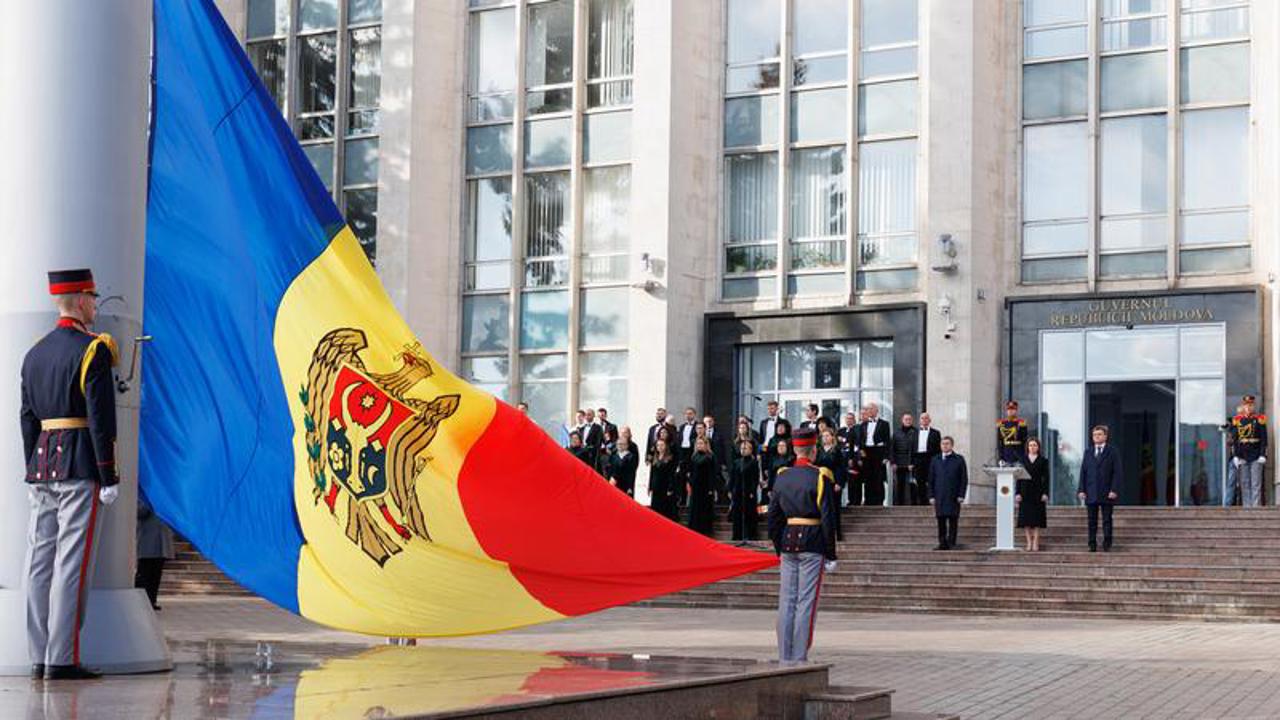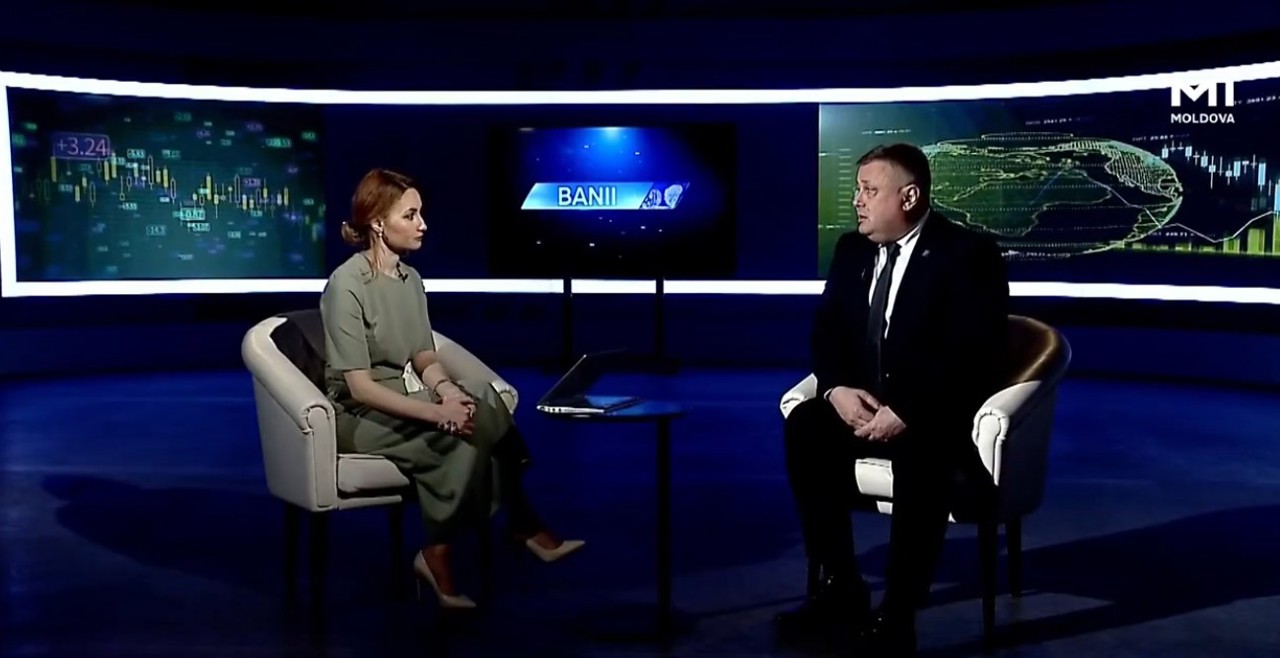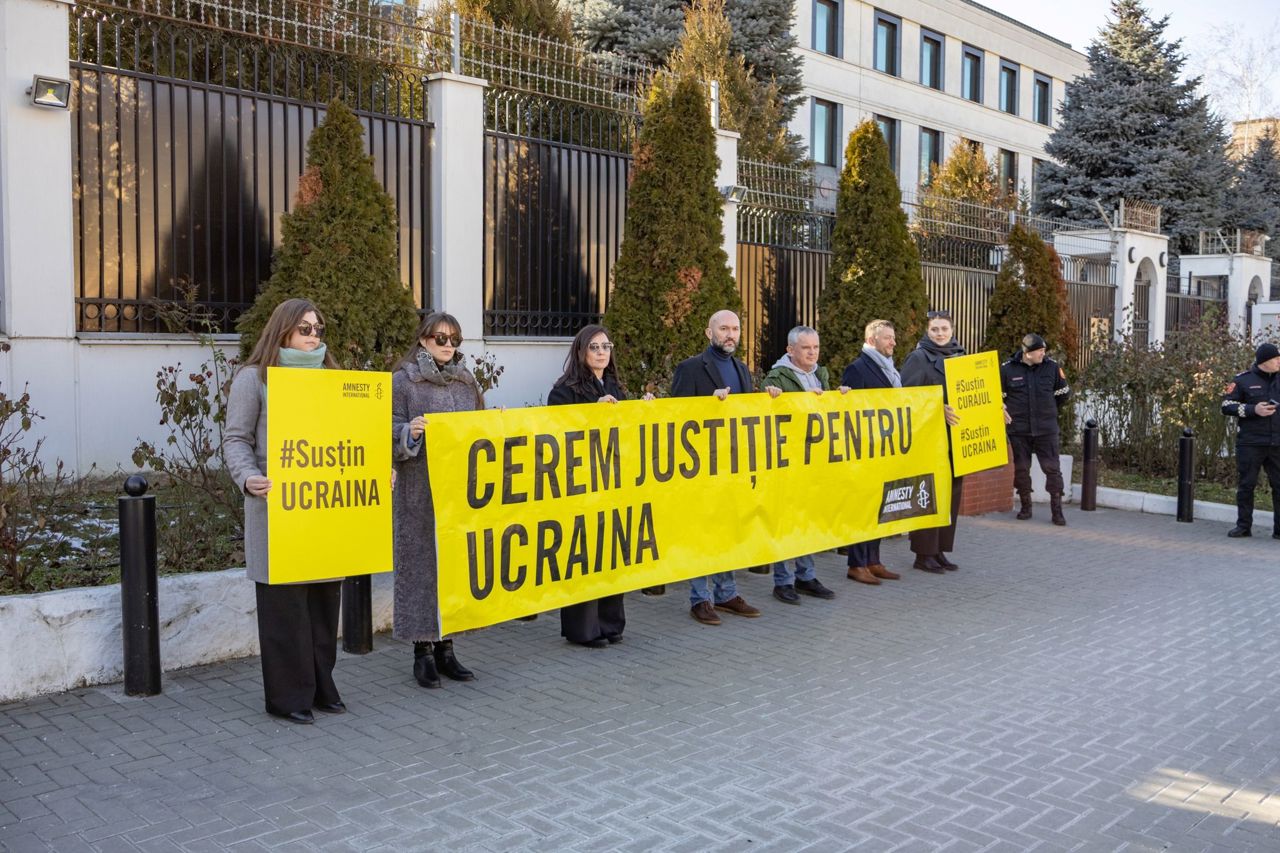Combatting Russian Influence: Moldova's Legal Response to National Security Risks
The provision of assistance for engaging in hostile activities against the security of the Republic of Moldova may be subject to investigation as treason.

This is suggested by an amendment to the Penal Code proposed by deputies from the ruling Action and Solidarity party, who seek a clearer regulation of the concept of "treason" within the law.
Members of the PAS argue that the primary threats to the security of the Republic of Moldova emanate from the Russian Federation, emphasising the imperative for the country to defend itself against hostile actions originating from Moscow. Furthermore, a majority of parliamentary deputies assert that politicians and citizens who utilise Russian funds to destabilise the Republic of Moldova should be held accountable for treason.
Moreover, the proposed initiative underwent deliberation in Parliament today, with participation from PAS deputies, representatives from the SIS, Ministry of Justice, and the General Prosecutor's Office. PAS deputy Oazu Nantoi declared, "I believe that the urgent need to defend ourselves against hostile policies from the Russian Federation should lead us to concretize these threats and risks, and the notion should take into account specifically the fact that Russia is an aggressor country that occupies part of the territory of Moldova."
Similarly, PAS deputy Andrian Cheptonar advocates for the investigation of politicians who travel to the Russian Federation to establish blocs or political parties, as they represent "an extremely serious threat to the security of the state."
The expert opines that the law will not have retroactive effect.
At the end of last year, the Chișinău Parliament adopted the National Security Strategy, initiated by President Maia Sandu. The document explicitly identifies corruption and the Russian Federation as the primary threats to the country's security, aligning with the concept of the National Defense Strategy, currently undergoing public consultations.
Translation by Iurie Tataru





